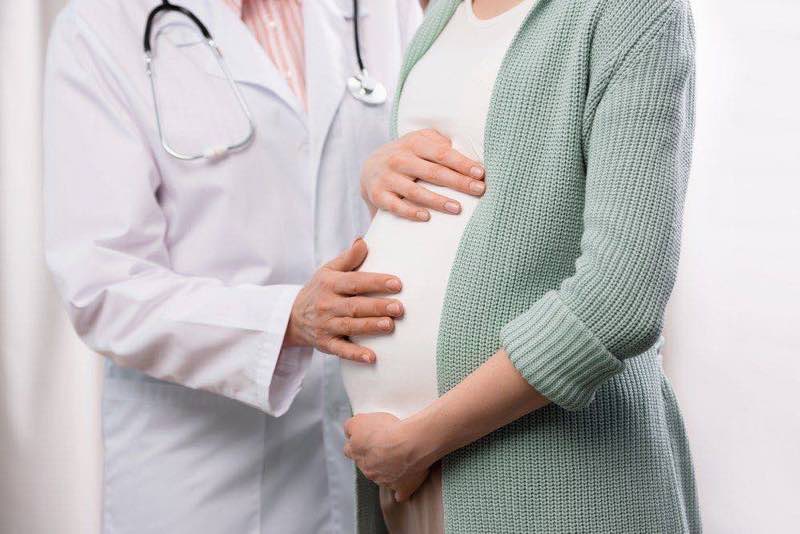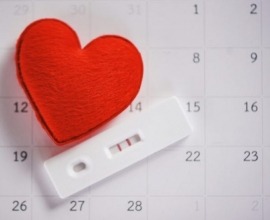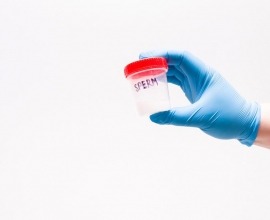What is Immuno-related Infertility?
When a couple experiences three or more miscarriages back-to-back, the recurrent miscarriages are likely due to one of the following three factors. There could have been a genetic abnormality that was fatal to the fetus, an anatomical abnormality in the uterus that prevented a successful implantation or the immune system has reacted to the sperm, egg or fetus in defense. This last reason relates to the body’s inability to distinguish itself from a foreign threat, like infection or cancerous cells.[1][2]
How Autoimmune Disease Changes with Pregnancy
Rheumatoid arthritis, Lupus, Inflammatory bowl disease and Type 1 diabetes are all examples of the body misrecognizing the self as a threat, which can in turn lead to very debilitating and heartbreaking cases of inflammation, irreversible damage and pain. How might an autoimmune disease change due to pregnancy, though?
Due to the binary nature of our immune systems, an autoimmune disease typically affects either the cellular or the antibody responses of the body. During pregnancy, the immune system naturally shifts to become particularly antibody-dominant. This means that, for those whom suffer from arthritis, pregnancy would bring temporary relief from symptoms while, for those whom have antibody autoimmune diseases like lupus, pregnancy would worsen symptoms.[3]

The Invasion and Most Ideal Immune Response
Pregnancy causes an immune response because some of the cells of an embryo must actively invade the lining of the womb in order to implant itself there. The response is inadvertently a necessary process since, in the absence of an inflammatory response, no implantation occurs. A mother’s immune system should therefore react then adapt in order for both the mother and fetus to ultimately survive.
To summarize briefly, a pro-inflammatory environment prevails within the first three months of pregnancy, which becomes a period of time in which special white blood cells work hard to protect any fetal cells that come under attack by the mother’s immune system. The environment switches to an anti-inflammatory state for the majority of the pregnancy but then returns back to that state of pro-inflammation, ideally, at the best time for labor.
It is known that having low levels of these fetal-cell-protecting white blood cells has been linked to miscarriages and that premature births may occur due to premature labor-initiating immune responses.[4]
What Should I Consider?
If your autoimmune disease is fairly weak and you are still under 35 years of age, a technique called intrauterine insemination (IUI) may be the first step in treatment for you. It involves washing then injecting your partner’s sperm directly into the uterus. Then your doctor may later recommend using anticoagulant therapy, intralipids and corticosteroids, which should increase endometrial (uterus lining) receptivity, stabilize cellular membranes and suppress cells that could accidentally kill the embryo.
More serious conditions would likely require IVF treatment however and, lastly, if you are older than the age of 35 and must begin taking medication to treat your disease, collecting between 10 to 16 eggs for vitrification would ensure that you might at least have a 50 percent chance of pregnancy during IVF treatment.[5]
Sources:
[1] “How Soon After Miscarriage Can We Try Again?” RRC, Reproductive Resource Center Kansas City IVF, 18 Oct. 2017, www.rrc.com/soon-miscarriage-can-try/.
[2] The Immune System and Infertility. Fertility Solutions, 28 May 2016, fertilitysolutions.com.au/the-immune-system-and-infertility/.
[3] Ibid.
[4] Hewings-Martin, Yella. “What Happens to the Immune System during Pregnancy?” Medical News Today, Healthline Media, 2 Sept. 2017, www.medicalnewstoday.com/articles/319257.
[5] Maria Adsuar, Emma. “What Are My Chances to Have a Baby with an Autoimmune Disease?” MyIVFanswers, IVF Media Ltd, 21 Apr. 2020, www.myivfanswers.com/video/ivf-autoimmune-disease/.














